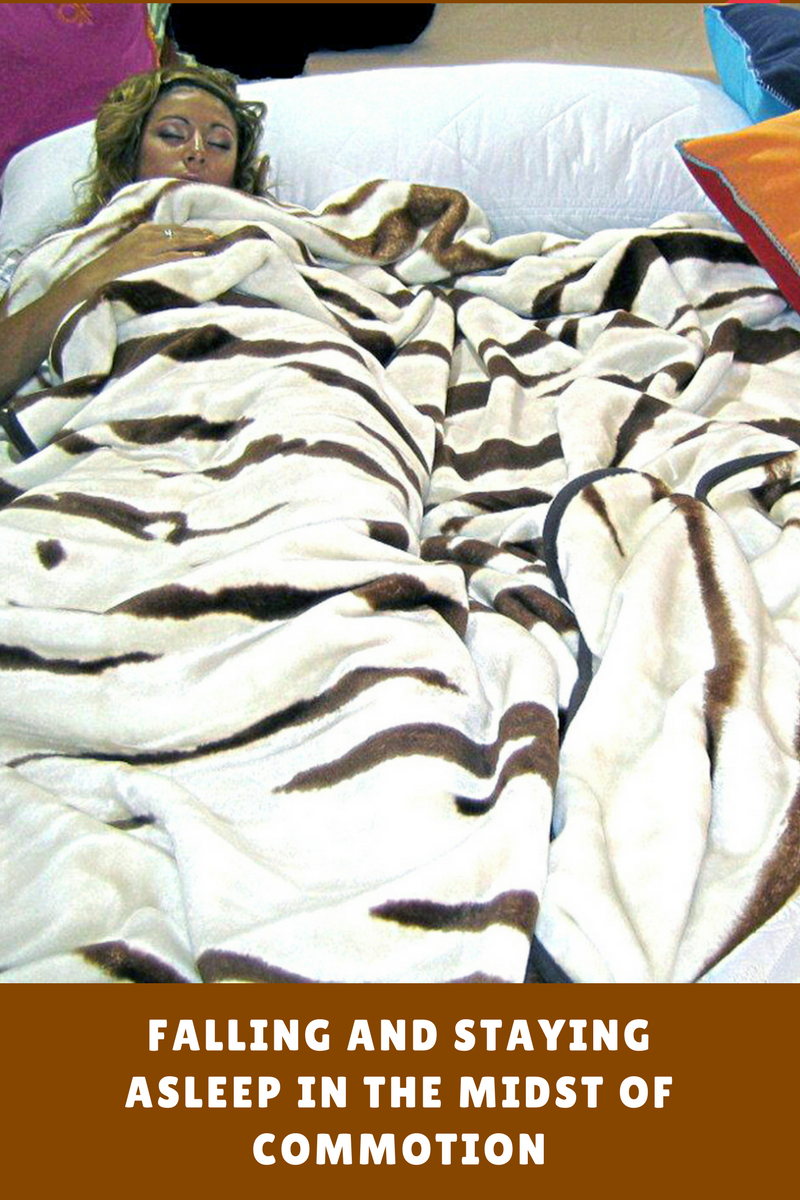Today, I’m sharing empowerment tips on purchasing new bedding. The key to excellent health and well being is a good night’s sleep. When you sleep soundly, you’ll wake up refreshed, empowered and ready to tackle the day. Aside from feeling energized, your body will have replaced and repaired any damaged cells.

Unfortunately, seven to nine hours of sleep per night is elusive for the average American adult. The liberal figure is 6.8 hours per night, but experts believe the number is even lower. Without enough rest, your health will deteriorate rapidly. Therefore, it’s essential to ensure that your bedroom and sleep environment are conducive to a good night’s sleep.
Unfortunately, the bad news is that your bed sheets play a part in your insomnia. The good news is that your bedding can positively affect your sleep, too.
Check These Things When Purchasing New Bedding:
A High Thread Count Doesn’t Equal Comfort
Being comfortable is a significant part of falling to sleep and not waking up during the night. You’re likely to toss and turn if you’re uncomfortable. And, this means your quality of sleep won’t be very high. So, it’s common to turn to the thread counts of your pillow and comforter. Many people think the higher they are, the more comfortable you will be.
However, this theory is flawed because a high thread count is often cut with other materials. Instead of using 100% wool, cotton or feathers, it will combine a mixture of all three. When this happens, the comfort levels automatically drops. Furthermore, your sheets will be coarse and hard to the touch if the synthetic finishes dissipate.
As a rule, sleep experts recommend sticking with a thread count of 400. Anything higher is likely to be a mixture of materials that will only get uncomfortable over time.

Not All Fabrics Are Created Equally
Different fabrics have individual features. So, you must take them into consideration before making a purchase. With summertime on the way, consider your sheet’s ability to keep you cool during the night. Again, overheating will force you to wake at intervals in the night, and you’ll feel more tired in the morning.
Authentic materials are better because they don’t trap heat in the same way as synthetic fabrics. Of course, Egyptian cotton is pricey and out of most people’s range. Thankfully, cotton is an excellent substitute due to its affordable price tag. Also, it’s sleek and not overly insulated. As a result, the warm bedroom air should easily pass through your breathable bed sheets. If you are unsure, a fantastic tip is to stay away from built-up fabrics, such as wool.
Anything that is designed to trap the heat won’t be healthy during the summer months. You should change materials based on the changing seasons.
Irritants Love Bed Sheets
The thread count is perfect, and the fabric is cool and breathable so everything is fine, right? Unfortunately, even cotton bed sheets with a tog count of 400 are susceptible to irritants. Mostly, they are tiny particles in the air that you can’t see with the human eye. However, your skin and nose know they are there because they cause rashes and allergies.
Eliminating irritants entirely is challenging because they are everywhere and hard to destroy. However, washing your sheets regularly kills off the bacteria. Additionally, it will prevent your nose from getting stuffy or your skin feeling itchy. Wash your bedding after you purchase it. Furthermore, you should continue to wash sheets once a week for the best results. The detergent and water will keep your sheets feeling clean and crisp, and there’s no better feeling than lying down on fresh sheets!
Speaking of detergent, you may want to try different brands if your sheets continue to irritate your skin. Usually, the fabric softener is more important than the material as toxic chemicals are incredibly powerful.

Some Sheets Are Beyond Help
Tossing bedding in the laundry basket every seven days doesn’t guarantee that you will be comfortable in bed. Yes, washing sheets is a brilliant way to reset their settings. However, old bedding could be beyond your help. For instance, the thread count could drop to below 200, in which case you need a replacement.
Also, it’s worth noting that certain irritants won’t disappear because you soak your bedding in warm, soapy water. One of the lice causes is passing it from family member to family member via pillowcases. Your washing machine may kill the adults, but the eggs will remain and hatch. Therefore, your best bet is to swap your bedding with new sheets and pillowcases to stop an itchy scalp from getting in the way of your sleep.
When you buy replacement bedding is really up to you, but there are telltale signs. Age of your bedding is the thing to look for if you’re always sleepy or fatigued.
Stress Is A Thing
Going to bed shouldn’t be stressful. Remember these things when purchasing new bedding. Replacing your bedding with softer materials will help you enjoy a good night’s sleep. Satin is a popular choice, so is silk. Other than that, you should sleep on your back and avoid burying your face into the pillow so that the skin on your face isn’t in harm’s way.
Of course, co-sleeping with a baby is stressful, too. So, look for bedding that will enhance your co-sleeping experience too. You want it to be a memorial experience for both you and baby.







